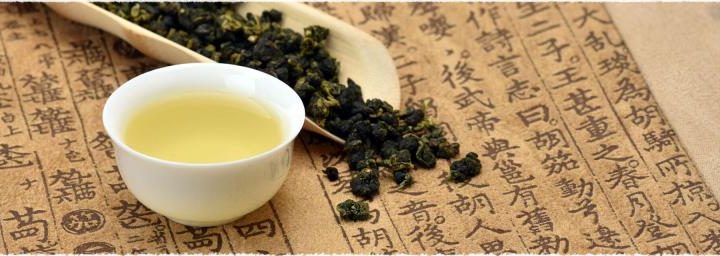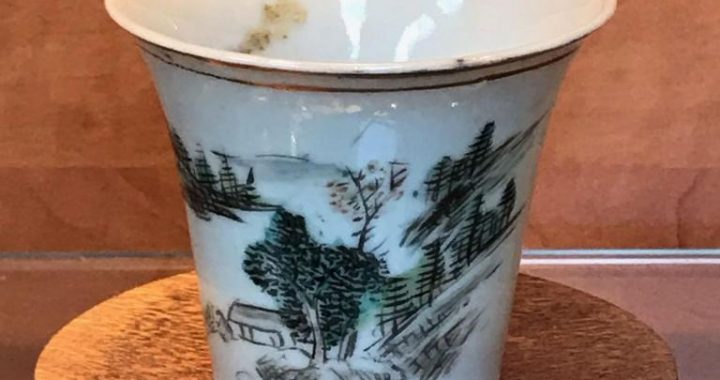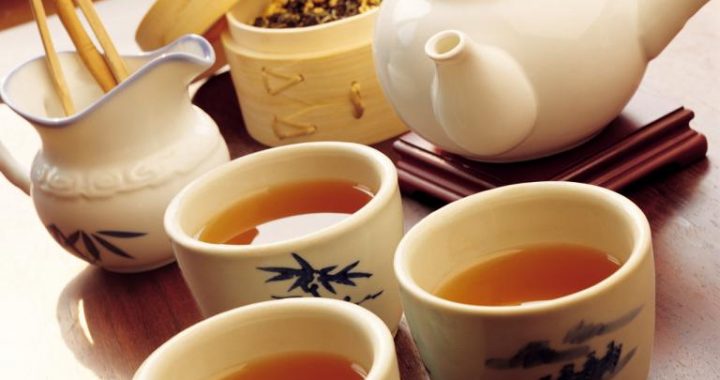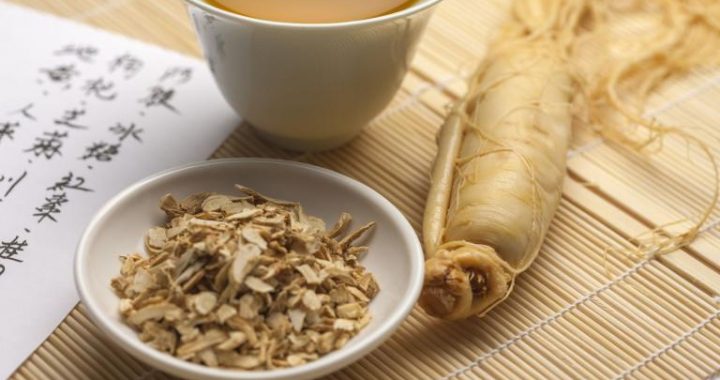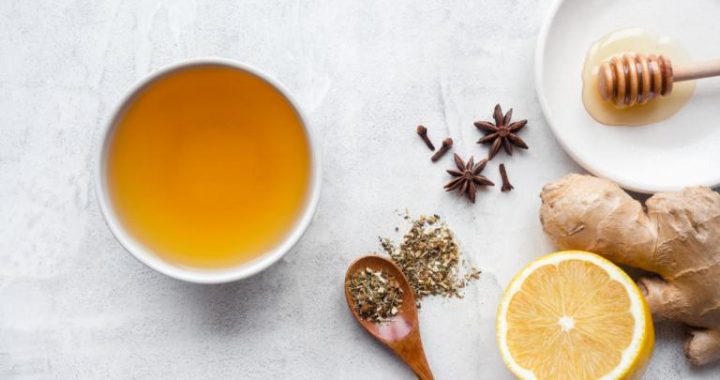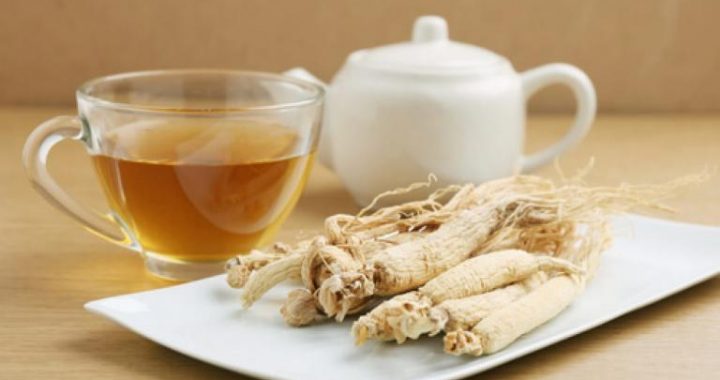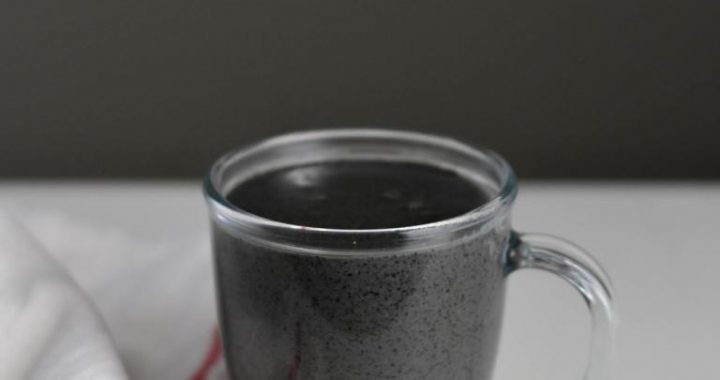Zhu Quan and the Tea Manual
2 min readZhu Quan (1378~1448), the 17th son of Emperor Taizu Zhu Yuanzhang of the Ming dynasty, was in great favor of his father. During Zhu Yuanzhang’s reign, Zhu Quan was granted the title of Prince Ning and guarded in the northern fortresses with a large number of forces in control. After Zhu Di usurped the throne, Zhu Quan was moved to Nanchang, and was framed, but escaped because the investigation revealed n evidence. From then on, in order to keep far away from the power, Zhu Quan chose toget secluded. Later, in order to show his lofty aspirations, he began to specialize in tea affairs and wrote the Tea Manual to record the situation that loose teaprevailed and the great change in the way of tea drinking in the Ming dynasty. The Tea Manual by Zhu Quan compared the ways of tea drinking in the early Ming dynasty to the ones of the early dynasties, pointing out the shortcomings of the early people’s way of tea drinking, intending to form his own theory. The whole pamphlet included 16 items in addition to the introduction part, with 2,000 words.
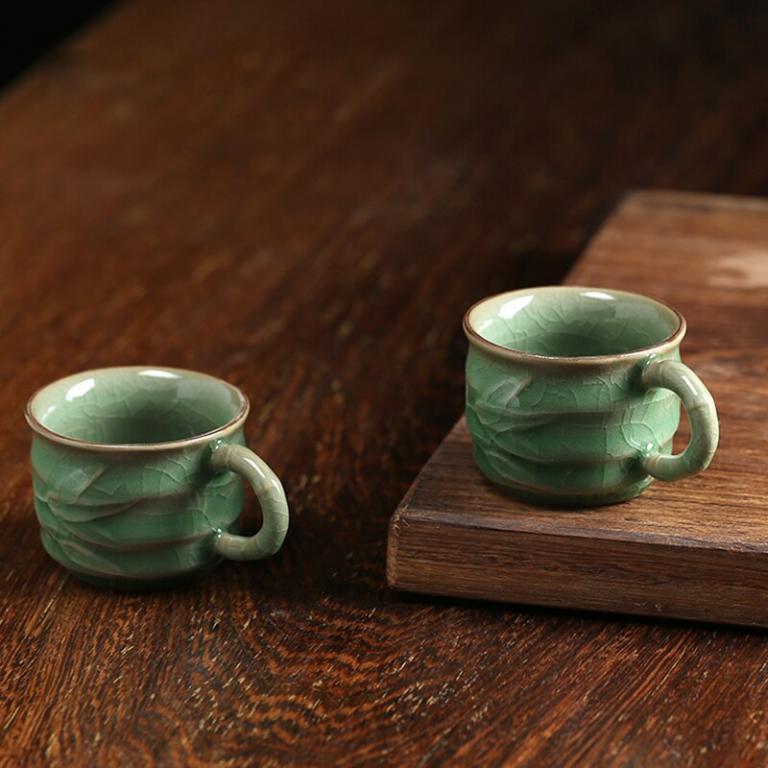
Its content contained tea tasting, tea collection, the method of cooking, water tasting and tea utensils etc, and there indeed were some constructive statements.
The characteristics of this book and its influence on the later people could be concluded as follows:
Firstly, the author of this book considered tea drinking as the way to show drinker’s lofty aspirations and cultivate their moral characters, which in fact lifted the common tea drinking onto the height of “tea ceremony”. In the meantime of perfecting the art and culture of tea ceremony since the Tang and Song dynasties, this book also established the theoretical foundation for the development towards artistry of the men of letters’ tea drinking after the Ming dynasty.
Secondly, this book emphasized the environment of tea drinking, advocating that the tea drinkers should be in harmony with the natural environment and reach the artistic mood of forgetting everything, including the drinker himself in tea drinking. This kind of proposition led the new trend of the tea culture of the scholars in the Ming and Qing dynasties.
Thirdly, this book also explored the new way of tea drinking after the Ming dynasty abolished ball teas, which greatly simplified the traditional procedures of tea drinking and used bamboo, wood and stone wares to replace the gold and silver tea utensils, thus enabled tea affairs to return to the simplicity and frugality tradition of tea ceremony and initiated the simple tea drinking in the later world.
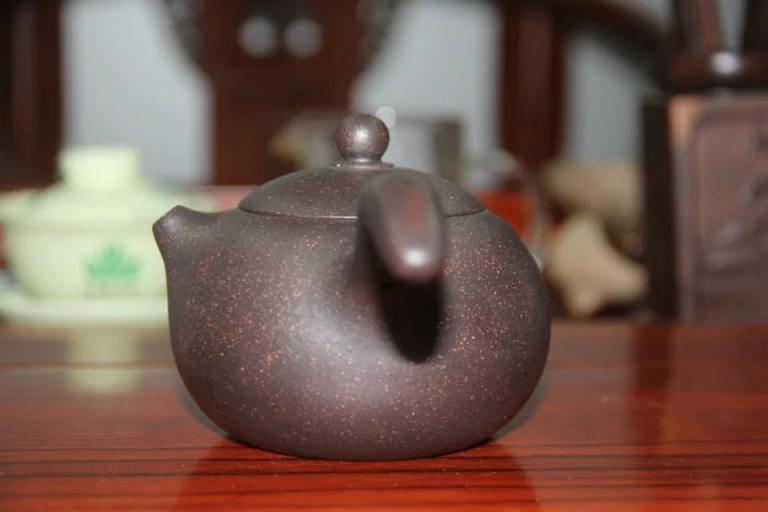
The way of using boiling water to brew tea directly today was just originated from the advocacy of Zhu Quan.
